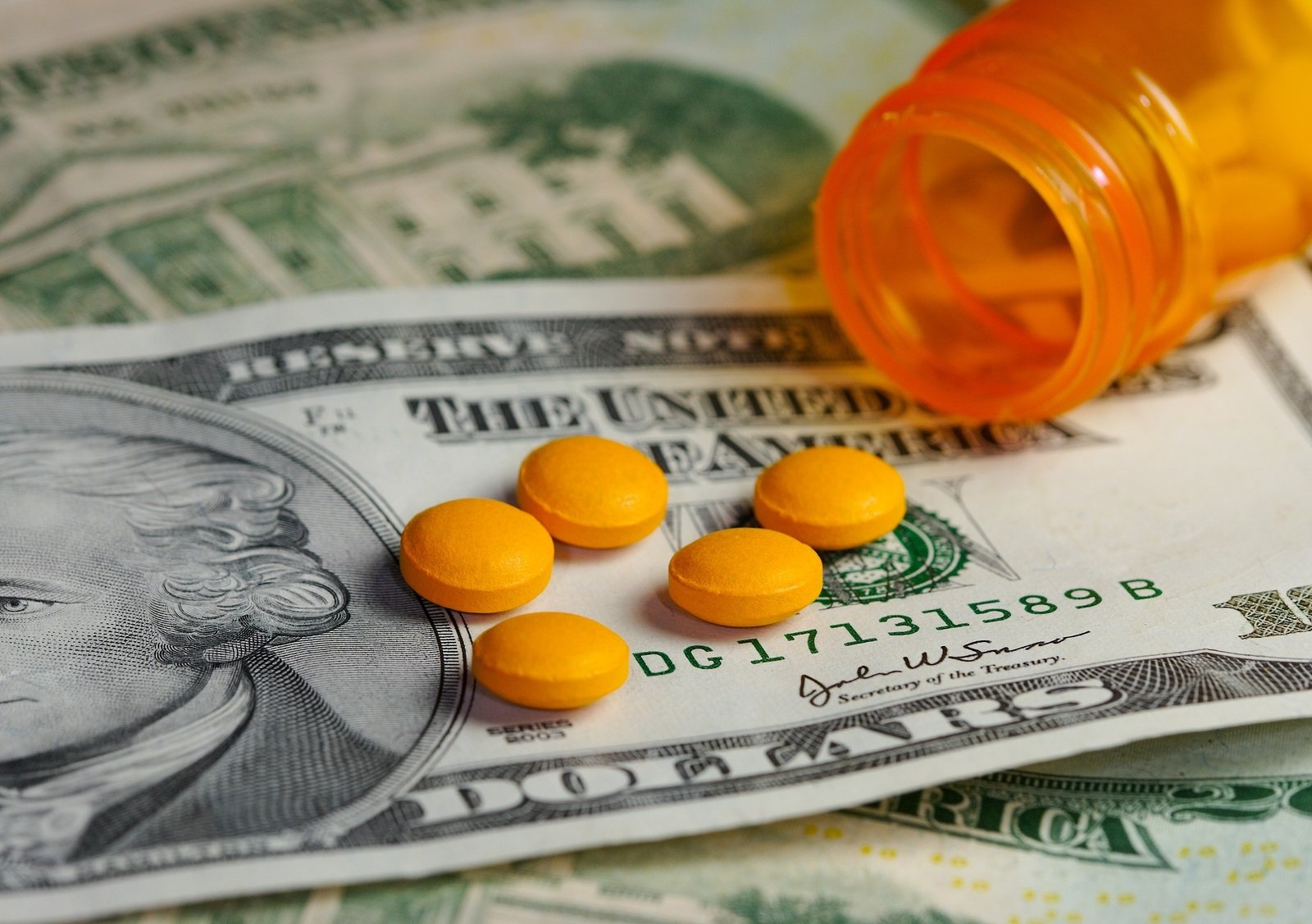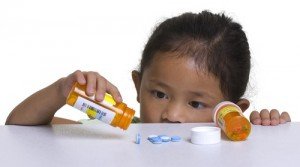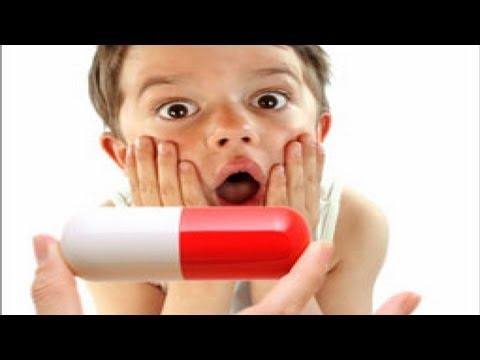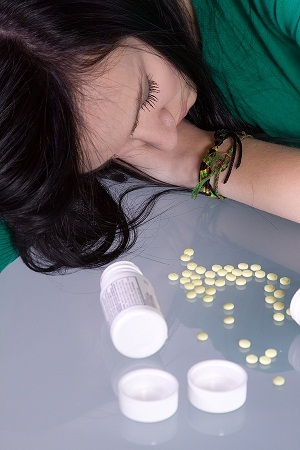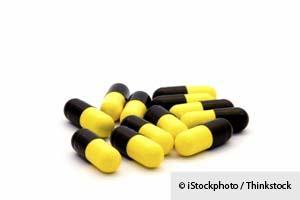Drug Companies Pay Money to FDA Which Leads to Prescription Drug Abuse Epidemic
Drug companies paid up to $25,000 to influence FDA policy—the latest in a decades-long FDA/Big Pharma scandal. Since the 1990s, there’s been an explosion in the use and abuse of highly addictive painkillers such as oxycodone (the main ingredient in OxyContin) and hydrocodone (found in drugs like Vicodin). Given the alarming social, health, and even economic costs of this epidemic of painkiller abuse, there has been considerable pressure from both inside and outside the FDA to improve the regulation of these drugs. A recent “pay-to-play” scheme—exposed by the Washington Post earlier this month—hints at the FDA’s real priorities. The Post reports that companies paid as much as $25,000 to attend meetings with FDA officials to shape policy on how drug manufacturers can prove the “safety and effectiveness” of their painkillers.




